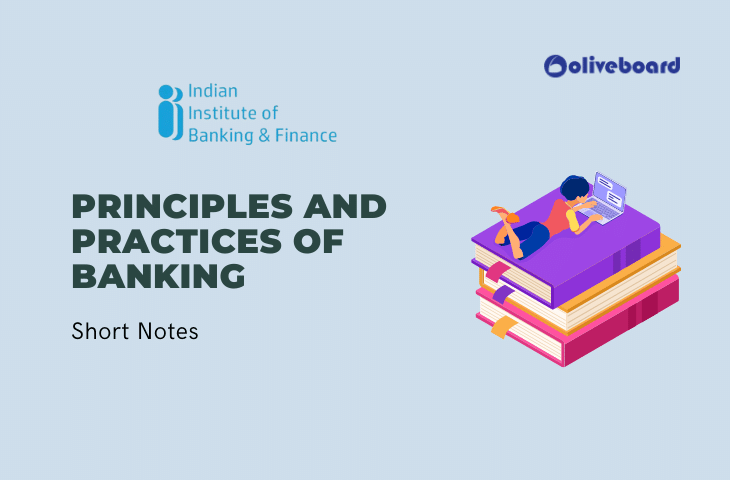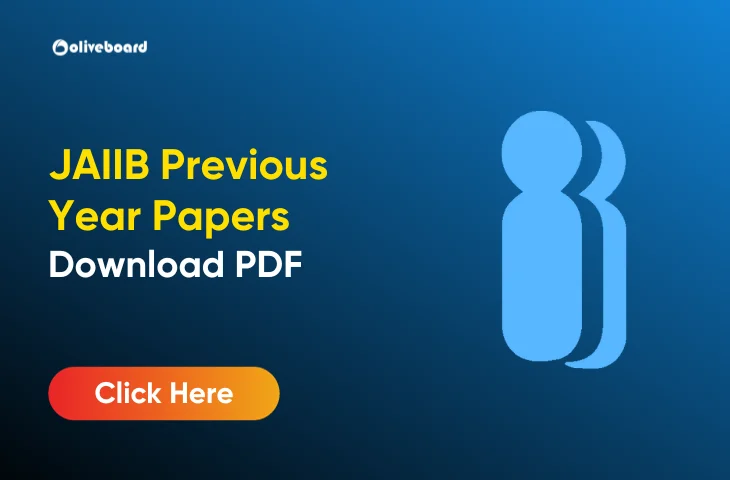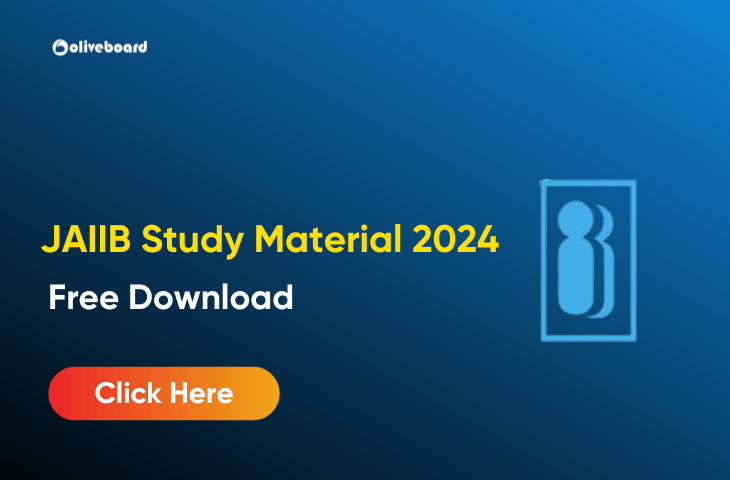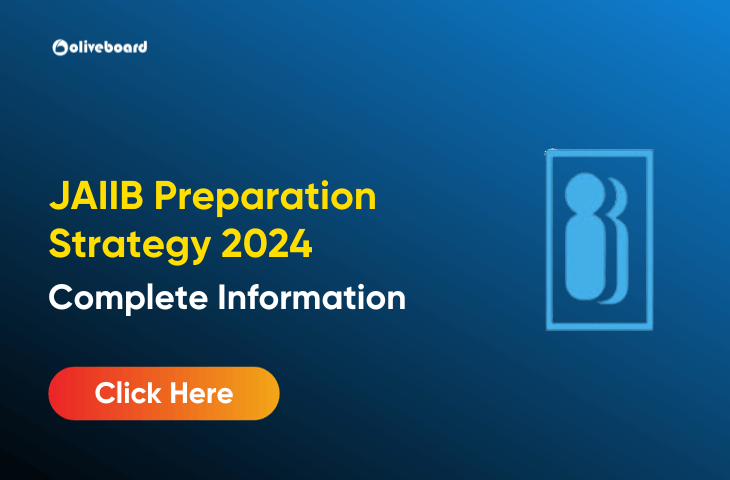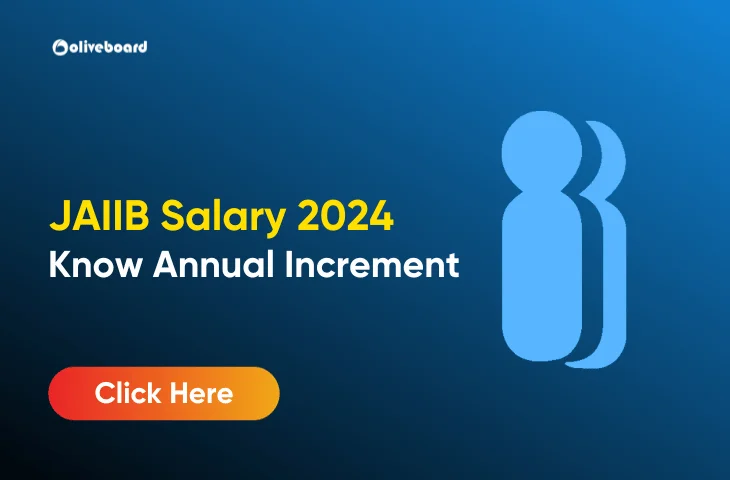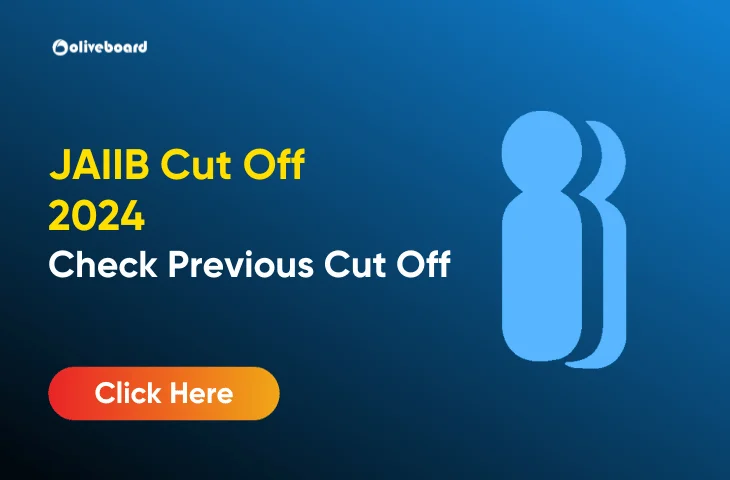IIBF JAIIB Principles and Practices of Banking – Exams for JAIIB/DBF are conducted twice a year by the Indian Institute of Banking & Finance. Taking this exam is an excellent way for bank employees to advance their careers. An important element of the JAIIB exam is to ensure candidates have a solid understanding of banking and financial services, including the ability to maintain healthy customer relationships and to understand basic accounting and legal aspects. In this blog, learners can go through the short notes in one of the most important topics of PPB and the Principles and Practices of Banking Notes PDF in the link given below.
Principles and Practices of Banking Notes PDF
Use the link below to download the IIBF JAIIB Principles and Practices of Banking short notes PDF.
Sneak Peek into the ebook.

IIBF JAIIB Principles and Practices of Banking
Unit 1: Indian Financial System
Indian Financial System – An Overview
Here is a quick overview to the Indian Financial System.
- NBFCs are permitted to raise funds from the general public and lend money through various mechanisms such as ex-lease, hire purchase, and bill discounting.
- Main dealers deal in both primary and secondary markets for government securities.
- Financial institutions (FIs) are financial institutions that provide long-term funding to industry and agriculture.
- Cooperative banks are permitted to take deposits and make advances from and to the general public.
- The state government and the Reserve Bank of India have control over urban cooperative banks.
- The state government and NABARD influence other cooperative banks.
- CRR is a proportion of a bank’s demand and time obligations, which are its deposits.
- SLR is a percentage of a bank’s demand and time liabilities held in specified government securities.
- Banks can utilize corporate securities such as bonds and debentures to raise funds.
- Securities include debts, equities, and derivatives, to name a few.
- The capital market regulator is SEBI.
- SEBI licenses merchant bankers, often known as investment bankers, who issue stocks, raise funds, and manage them.
- SEBI has granted FII permission to invest in the Indian equities and debt markets via stock exchanges.
- Securities were held in Demat form by depositories (not physical).
- A mutual fund invests in stocks, bonds, and other securities by pooling money from investors.
- The three regulatory authorities are the Reserve Bank of India (RBI), the Securities and Exchange Board of India (SEBI), and the Insurance Regulatory and Development Authority (IRDA).
Unit 2: Banking Regulation
We have listed the Banking regulations laid by RBI in the country.
- The RBI was established under the RBI Act of 1934.
- The Reserve Bank of India (RBI) began operations on April 1, 1935.
- The RBI (Transfer of Public Ownership) Act of 1948 makes the RBI a state-owned corporation.
- The Union government has nominated four Deputy Governors and fifteen Directors to the RBI.
- The Government of India issues all coins and the Re 1 note, but the Reserve Bank of India distributes them.
- The Reserve Bank of India (RBI) controls the exchange rate between the Indian Rupee and foreign currencies by selling and buying foreign exchange to and from Authorised Dealers (RBI branches and other dealers).
- Important macroeconomic policies include:
- Monetary and credit policies are issued by the Reserve Bank of India (RBI) annually;
- Fiscal policy is made by the Ministry of Finance. b. Ministry of Commerce’s EXIM policy
- Demand obligations include savings and current accounts.
- Lowering the CRR limits the amount of money that can be borrowed from banks.
- The RBI can set the SLR anywhere between 0% and 40% of the bank’s DTL.
- Increasing the SLR diminishes loanable bank funds.
- The rate at which the RBI is willing to buy or rediscount bills of exchange or other qualifying commercial paper from banks is the bank rate.
- No bank might hold shares in a company as a pledge or mortgagee over 30 percent of that company’s paid-up capital or 30 percent of the bank’s paid-up capital and reserves, whichever was less.
- The selling or acquisition of government securities in the open market by the RBI is referred to as open market operations.
- Another weapon used by the RBI for monetary control is selective credit restriction. It inhibits the stockpiling of vital commodities and the consequent price rise. SCC currently covers buffer sugar stocks, unreleased sugar stocks with sugar mills, and levy sugar.
Unit 3: Retail Banking, ADR, GDR and PNS
- Retail banking is the exchange of assets and liabilities between commercial banks and private consumers. SB, RD, CA, TDR, STDR, No Frill A/C, Home loan, auto loan, personal loan, education loan, crop loan, credit card, debit card, lockers, bank assurance, and so on are some of the products available.
- Wholesale banking, also known as corporate banking or commercial banking, is the practice of banking with industrial and business entities, primarily corporations and trading houses, such as multinational corporations, domestic corporations, and government-owned enterprises. LC, BG, bill and document collection, FX desk, tax collection, RTGS, term lending, and other services are available.
- Dealing in cross-border transactions is referred to as international banking.
- Under one roof, Universal Banking offers all types of financial products such as mutual funds, capital market-related products such as share broking, commodity broking, and so on, as well as the sale of gold/bullion, government/corporate bonds, merchant banking, general banking, and insurance (both life and non-life).
- A depository receipt (DR) is a negotiable (transferable) financial instrument traded on a country’s local stock exchange but represents a security, typically in the form of equity, issued by a publicly-traded foreign corporation.
- Contract notes are similar to participatory notes. FII issues them to entities that want to invest in the Indian stock market but don’t want to register with the SEBI.
- FIIs are not permitted to issue Participatory notes to Indian nationals or foreign corporations (due to the bulk of their ownership and control being held by NRIs).
Unit 4: Role of Fixed Income Markets, Money Markets, Forex Markets, and FEMA
- Money markets play an important role in bank liquidity management and monetary policy transmission.
- Money markets are among the most liquid in the financial industry in normal times.
- By offering the required instruments and liquidity trading partners, the money market supports the mitigation of your company’s liquidity risk.
- Only the banking system and the money market are capable of implementing monetary policy.
- Money market development facilitates financial intermediation and boosts lending to the economy, enhancing the country’s economic and social well-being.
- As a result, the money market’s expansion helps all stakeholders: the central bank, the banking industry, and the overall economy.
- Instruments with a maturity of less than one year. The “Money Market” is the market for short-term funding requirements and deployment. Money market instruments are the following instruments that are often referred to as such: CP: Commercial Paper, CD: Certificate of Deposit, Notice/ Call/ Term Money, Inter Bank term Money, Inter Bank Participation Certificates, Bill Rediscounting, Treasury Bills.
- Features of Government Securities: There is a lot of liquidity because the investor can sell the security on the secondary market, there is no risk of default because the government backs the securities, and is given at face v. Interestrest is paid on a half-yearly basis on the face value of the loan, it’s possible to keep it in Demat form, No VAT is deducted at the point of sale.
- GOI uses these funds to meet its expenditure commitments. These securities are generally fixed maturity and fixed coupon securities carrying semi-annual coupons. Since the date of maturity is specified in the securities, these are known as dated Government Securities.
- Government Securities are mostly interest-bearing dated securities issued by RBI on behalf of the Government of India.
- The government provides securities to raise funds for a public loan or otherwise announced in the official gazette.
- They Consist of Government Promissory Notes, Bearer Bonds, Stocks, or Bond held in Bond Ledger Account.
- They may be in the form of or Dated Government Securities.
- Corporate bonds are debt instruments issued by both private and public companies.
- IRS is a liquid financial derivative in which two parties agree to swap interest rate cash flows based on a set notional amount from a fixed rate to a floating rate or from one floating rate to another.
- While a corporate bond gives an IOU from the company, it does not have an ownership interest in the issuing company, unlike when one purchases its equity stock.
- An interest rate future is a financial derivative in which the underlying asset is an interest-bearing instrument. This is a specific form of interest rate swap.
- The Foreign Exchange Management Act (FEMA) of 1999 applies to the entire country of India; Any branch, office, or agency located outside of India that is owned or controlled by an Indian citizen.
- A short-term loan benchmark rate, i.e., BBA LIBOR, that some of the world’s top banks charge one another.
- IBA administers LIBOR based on five currencies: USD, EUR, GBP, JPY, and CHF.
- It is available in seven distinct maturities: overnight, 1 week, 1, 2, 3, 6, and 12 months.
- The Indian interbank market is the interest rate at which banks can borrow funds in marketable size from other banks.
Principles and Practices of Banking – Exam Pattern
Each paper will comprise approximately 120 objective-type multiple-choice questions (MCQs) for 100 marks, including questions based on case studies. There are no penalties for incorrect answers. IIBF JAIIB, on the other hand, has the authority to change the number of questions that they will ask for each subject.
Passing Criteria for JAIIB
A pass is defined as a score of at least 150 in total and at least 45 in each topic in a single try (which does not have to be the first attempt). Otherwise, 50 marks for each topic. From the first attempt, a passed subject is carried on to four additional attempts (whether you take the exam or not). If you do not pass after four attempts, you must retake all three papers.
First Class
60 percent or above on a scale of one to ten, with a pass in all subjects in the FIRST PHYSICAL ATTEMPT.
First Class with Distinction
In the FIRST PHYSICAL ATTEMPT, 70 percent or more marks in aggregate and 60 percent or more in each subject. Only “Pass Class” will be offered to candidates who have been granted exemption in the subject(s).
Conclusion
This brings us to the conclusion of these IIBF JAIIB Principles and Practices of Banking notes. We hope this short note has provided you with useful information on the study notes for Principles and Practices of Banking. Please get in touch with us at Oliveboard if you have any questions.
Each paper will consist of 120 objective-type multiple-choice questions (MCQs).
The Institute has the authority to change the number of questions that will be asked for each subject. There are no penalties for incorrect answers.
A pass is defined as a score of at least 150 in total and at least 45 in each topic in a single try.
- JAIIB Previous Year Question Papers, Download PDF
- JAIIB Study Material 2024, Download Subject Wise Notes
- JAIIB Preparation Strategy 2024, Crack JAIIB In Your First Attempt
- JAIIB Important Topics for IE & IFS, PPB, AFM, and RBWM 2024
- JAIIB Salary 2024, Check Pay Scale, Salary Structure & Job Profile
- JAIIB Cut Off 2024, Check JAIIB Minimum Cut Off

The most comprehensive online preparation portal for MBA, Banking and Government exams. Explore a range of mock tests and study material at www.oliveboard.in
Oliveboard Live Courses & Mock Test Series
- Monthly Current Affairs 2024
- Download RBI Grade B PYQ PDF
- Download IFSCA Grade A PYQs
- Download SEBI Grade A PYQs
- Attempt Free SSC CGL Mock Test 2024
- Attempt Free IBPS Mock Test 2024
- Attempt Free SSC CHSL Mock Test 2024
- Download Oliveboard App
- Follow Us on Google News for Latest Update
- Join Telegram Group for Latest Govt Jobs Update
